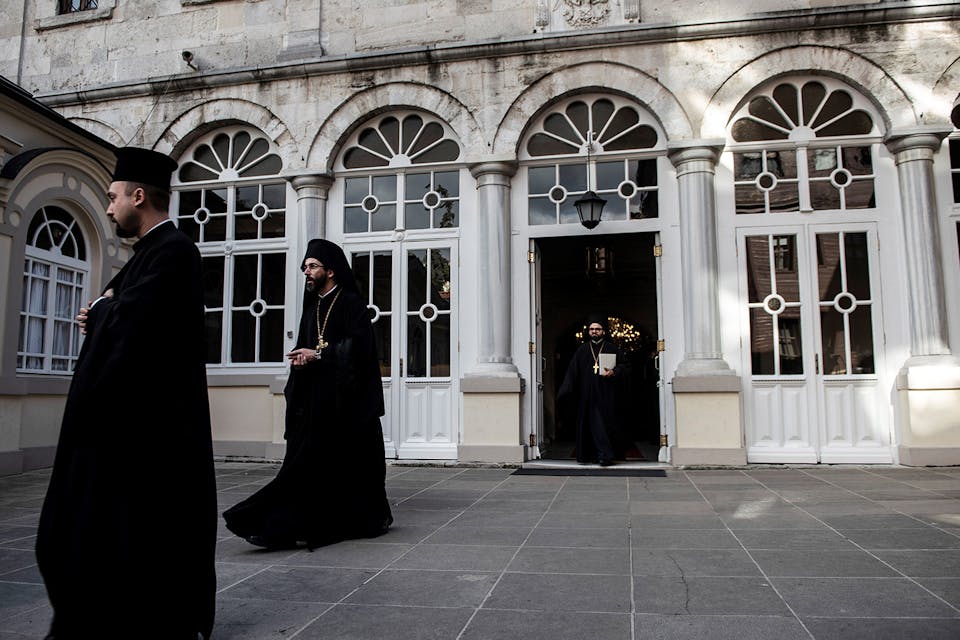
November 8, 2018
Middle Eastern Christians Are Under Threat. How do They Feel about Jews and Israel?
Unlike Western Christians, Middle Eastern Christians never warmed to Jews, but the rise of Islamism has led some to see Israel as the proverbial enemy of their enemy.
On his visit to the Middle East last January, Vice-President Mike Pence planned to meet with local Christian leaders and to follow up on the promise he had made just a few months earlier to suffering Christian communities in Iraq and Syria: “help is on the way.” To his dismay, not a single Christian leader agreed to meet with him. The reason: the Trump administration’s announcement that it would relocate the U.S. embassy in Israel from Tel Aviv to Jerusalem.
Few instances in recent memory so starkly illustrate the gulf between American and Middle Eastern Christians as do the enthusiasm for the embassy move expressed by evangelical Christians in the U.S. versus the anger of their coreligionists in Arab lands. Underlying this difference in attitudes toward the Jewish state, moreover, are fundamentally different attitudes toward Jews themselves.
The major shifts that took place in Western churches’ relationship with Judaism—some in the wake of the Holocaust, others going all the way back to the Protestant Reformation—never occurred in the Eastern churches. Middle Eastern clergy do not speak of a “Judeo-Christian” tradition, or of a special relationship with the Jews, or even of a need to distance themselves and their flocks from historical anti-Semitism. Thus, the latest manifestation of Jewish-Christian harmony—Pope Francis’s 2013 Evangelii gaudium, in which he wrote that “the Church believes that Judaism, the faithful response of the Jewish people to God’s irrevocable covenant, is salvific for them, because God is faithful to His promises”—is simply unimaginable in the East. Even less imaginable are the motives and convictions that have led so many American evangelicals to support Israel.